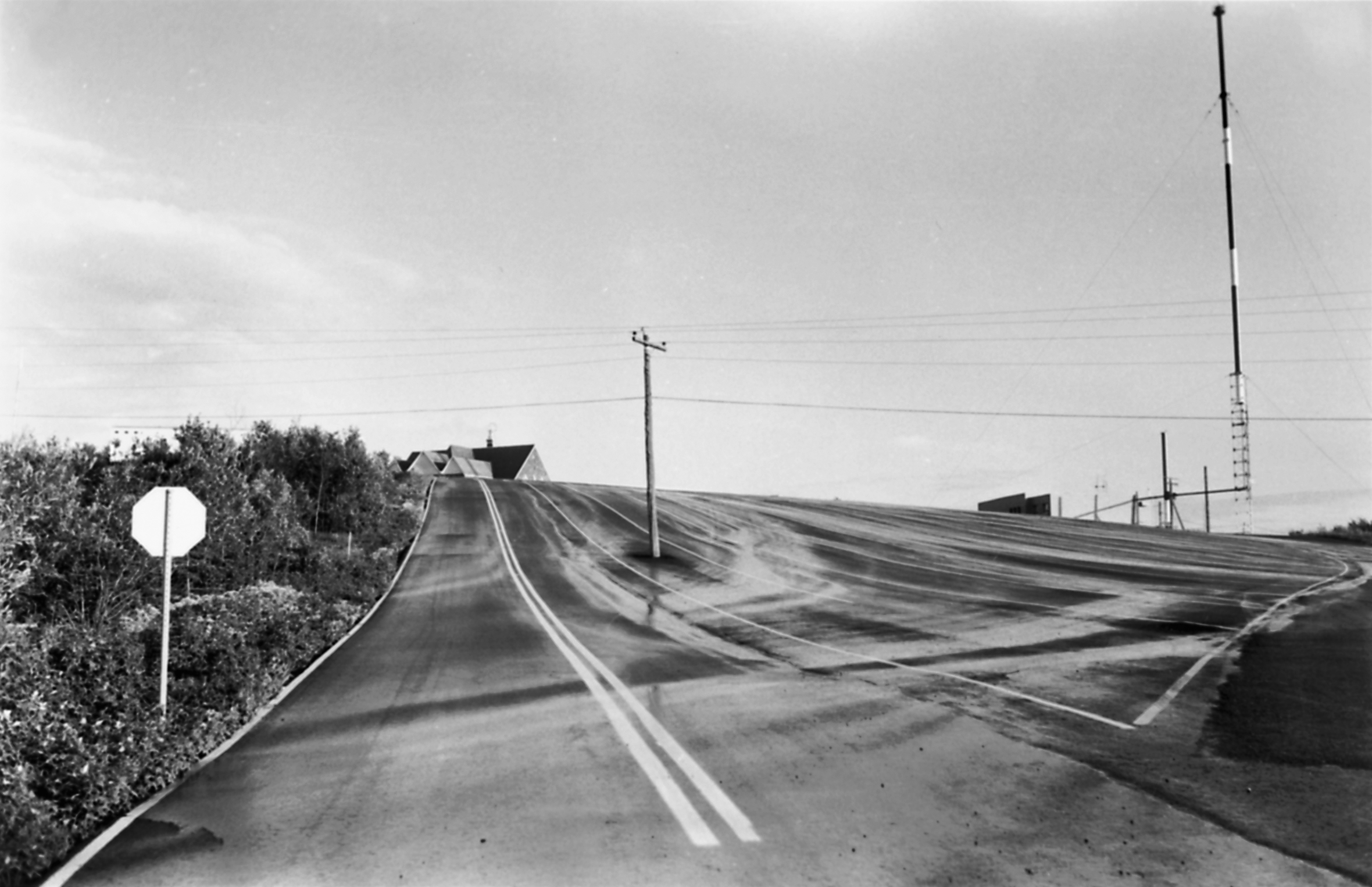His pockets are empty except for some change and a silver-colored plastic card that can make machines spit money at him in twenty-dollar increments. He drives from city to suburb until the road vanishes into the landscape, with little to distinguish the flat asphalt from the flat dirt.
Davis brought his wife home from the hospital two days ago. She is missing a breast. He is missing a breast — a loss not his but his. He loves everything about her, of course, but now that her breast is gone, it’s all he wants.
While his mind is spinning, his gas gauge has been falling, and now the engine sputters. First there’s panic. He presses down harder, pulls toward the shoulder, and then catches sight of the red E, the yellow light, which must have been illuminated for miles. Night is still a few hours away, but the air has started to cool. He imagines his wife on the couch, alone for the first time since the hospital, but he can’t bring himself to call her. He takes this opportunity, seated in the quiet cocoon of his car, to wail like an old piano. Then he drags himself out and starts walking in the direction fuel might be found.
It is dark by the time he finds a gas station. A young guy, with the name Jimmy stitched on his shirt, asks if he is out of gas, and Davis nods. Without another word Jimmy grabs a red plastic can, squats by the pump, and fills it. His manners are as old-fashioned as his clothes, as if he knows this disheveled man is in desperate need of courtesy. Jimmy nods toward his tow truck, and Davis gets in the passenger seat. Sliding in beside him a minute later, Jimmy offers coffee and some kind of airy sweet, the exact right thing. This is how a moth must feel when it finally gets to the light: warm inside and out.
They find the forlorn Honda on the side of the road, dangerously close to the driving lane, and Jimmy feeds it gas. Then he places the empty can in his truck and pats the passenger door twice. Davis gets back into his car, nods to Jimmy. Now he can head home.





